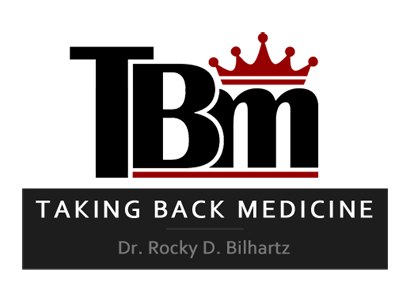My satellite clinic is about an hour away. I drive there with my nursing staff each month.
We load up ECG equipment, pacemaker programming machines, and a few other doctoring items in my truck.
I provide services to an area that has no permanent resident doing what I do.
Then, I return home.
Today is one of those days. I arrive back to my main office. It’s after 5pm and officially closed for the evening. I hurry to help my remaining staff return numerous phone calls to patients who had left messages while I was away. I hope to finish up at the office soon. Then, I intend to check on a patient at the hospital before making it home for dinner with my family.
I peer down at a piece of paper on my desk, given to me by one of my staff. It’s a printed email message. Sent by the Centers for Medicare and Medicaid Services (CMS).
The message is arguably from the most descriptive email address on the planet—and I’m not making this up—it’s from DONOTREPLY@CMS.GOV.
DONOTREPLY.
It’s rather fitting.
Because they definitely don’t want you to reply. That would be easy for me. Too efficient, perhaps. No, they don’t want a reply. They just want me to DO what they say.






Recent Comments